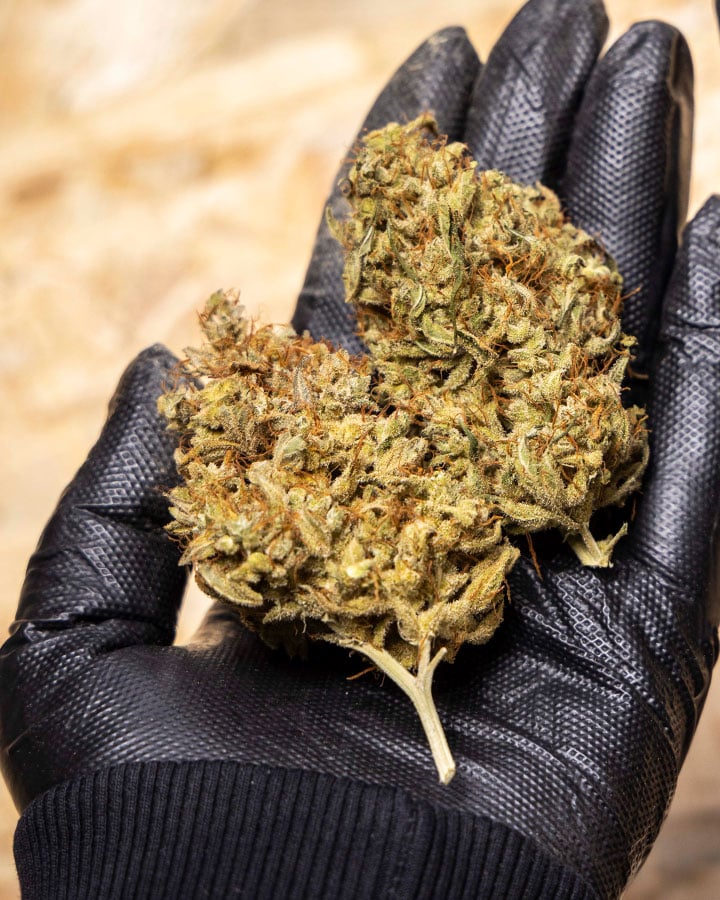The Role of Weed in Malatya: A Growing Concern and Agricultural Insight

Malatya, a province in eastern Turkey, is best known for its apricot production, earning it the nickname “the apricot capital of the world.” However, in recent years, another growing concern in the region has attracted attention—weed infestation. While Malatya is primarily an agricultural hub, particularly for apricots, its fields are also home to various types of weeds that threaten the yield of crops. The issue of weed management is now a pressing concern for local farmers and agricultural experts.on Weed in Malatya.
The Agricultural Landscape of Malatya
Malatya’s fertile lands and favorable climate make it an ideal location for agriculture, with apricots being the main product that dominates the area’s economy. Beyond apricots, Malatya’s fields are also used for cultivating cereals, vegetables, and fruits. The province has a significant amount of farmland, and these crops are critical to the livelihoods of many families. However, the presence of weeds has been undermining the quality and quantity of these crops, leading to both economic losses and increased costs for farmers.on Weed in Malatya.
Weeds, though often perceived as a minor nuisance in farming, have far-reaching consequences. They compete for space, water, nutrients, and sunlight, which ultimately impacts the growth and health of the crops. In the case of Malatya, the issue is even more significant, as many of the crops grown in the region are high-value products like apricots. These crops require a delicate balance of soil, moisture, and care to yield quality harvests. When weeds invade, they disrupt this balance, leading to stunted growth and, in some cases, lower marketability of the produce.on Weed in Malatya.
Types of Weeds in Malatya
The types of weeds in Malatya vary depending on the season, soil, and the types of crops grown. Common weed species in the region include both annuals and perennials, some of which are known for their resilience and quick growth. These include species like Chenopodium album (Lamb’s quarters), Cichorium intybus (chicory), and Amaranthus species (pigweed). These plants, while not typically harmful to human health, can wreak havoc on farmlands by overtaking valuable agricultural land.
Another challenge with weeds in Malatya is that some species are resistant to common herbicides. This has become an issue in modern farming practices, as the over-reliance on chemical herbicides has led to the development of herbicide-resistant strains of weeds. These weeds are harder to control, making traditional farming techniques less effective.
The Economic Impact of Weeds
The economic repercussions of weed infestation in Malatya’s agricultural sector are significant. This not only raises the cost of production but also reduces profit margins.
In particular, for apricot farmers, the presence of weeds can negatively impact the overall quality of the apricot fruits. Weeds often harbor pests and diseases that can spread to crops, further damaging the harvest.
Solutions and Management Strategies
Education and support for local farmers are crucial in mitigating the effects of weed infestation.
The introduction of such innovations could significantly reduce the economic burden of weed management in the region.
Looking Ahead: A Sustainable Approach
Through education, sustainable practices, and innovation, Malatya can safeguard its agricultural future for generations to come.
You’re the best when it comes to marijuana products , always taking care of me. Definitely recommending you to my friends. Thanks for the quick delivery .Really happy with the product .As usual, it’s top-notch. Keep it up you. you can contact them on email Scenthub43@gmail.com and also there Telegram : https://t.me/Scenthub43
wow Thanks for the referral they have great service and got the best weed around. and the delivery is so smooth

Thanks for always being reliable! I can always count on you for good product.
You’re the go-to in the area for a reason. Always a smooth experience